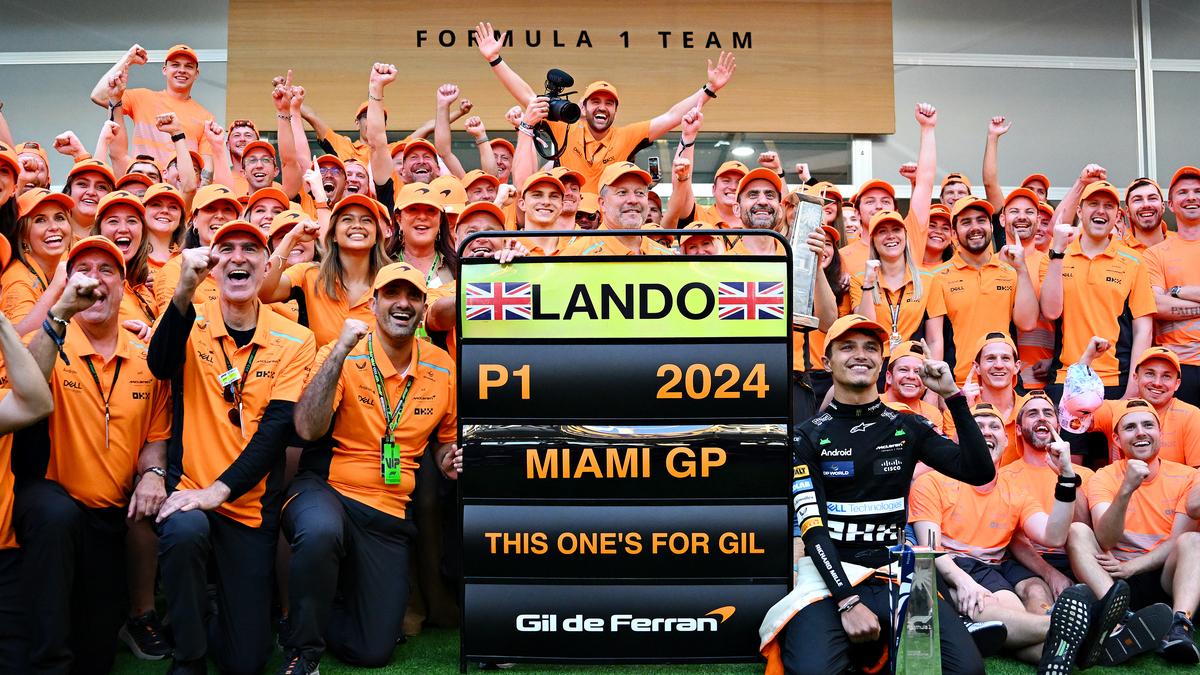
McLaren’s quest to reclaim its glory days is well on track Premium
The Hindu
Ferrari vs. McLaren: A historic rivalry in Formula One, with McLaren's resurgence under Andrea Stella and Zak Brown.
Ferrari has been Formula One’s pre-eminent force. A competitive Ferrari has always helped the health of motorsport’s most prestigious category, with a passionate, worldwide fanbase tuning in.
But every sport needs a fierce rivalry to get the buzz going. Ferrari’s closest historical competitor is McLaren, F1’s second-most-successful outfit in terms of wins and championships.
The eponymous team, founded by Bruce McLaren, has powered the likes of Niki Lauda, Alain Prost, Mika Hakkinen and Lewis Hamilton to titles. More importantly, it is best known as the outfit with which Ayrton Senna, one of F1’s greatest-ever drivers, won his three championships.
The Ferrari-McLaren battles — Senna vs. Prost, Schumacher vs. Hakkinen, and later Raikkonen/Massa/Alonso vs. Hamilton — are part of F1 folklore.
However, the eight-time constructors’ champion, which also has 12 drivers’ titles, has endured a decade of underperformance since 2013. In 2024, though, things are finally looking up for the British team, as it fights for wins and podiums consistently, raising the fans’ excitement level.
“It is important for F1 to have a competitive McLaren. After Ferrari, it is the team with the most loyal fanbase, and these are the two teams where the fanbase for them is bigger than their drivers,” says Karun Chandhok, India’s second F1 driver, now a TV pundit.
The team’s decline started when it adopted a new car concept in 2013, after fighting for the title in 2012. Its ill-fated switch in 2015 to Honda power units, which were uncompetitive and unreliable, exacerbated the problem. From 2015 to 2018, the team was in the bottom half of the standings. There was also turmoil off the track due to management and ownership changes.













